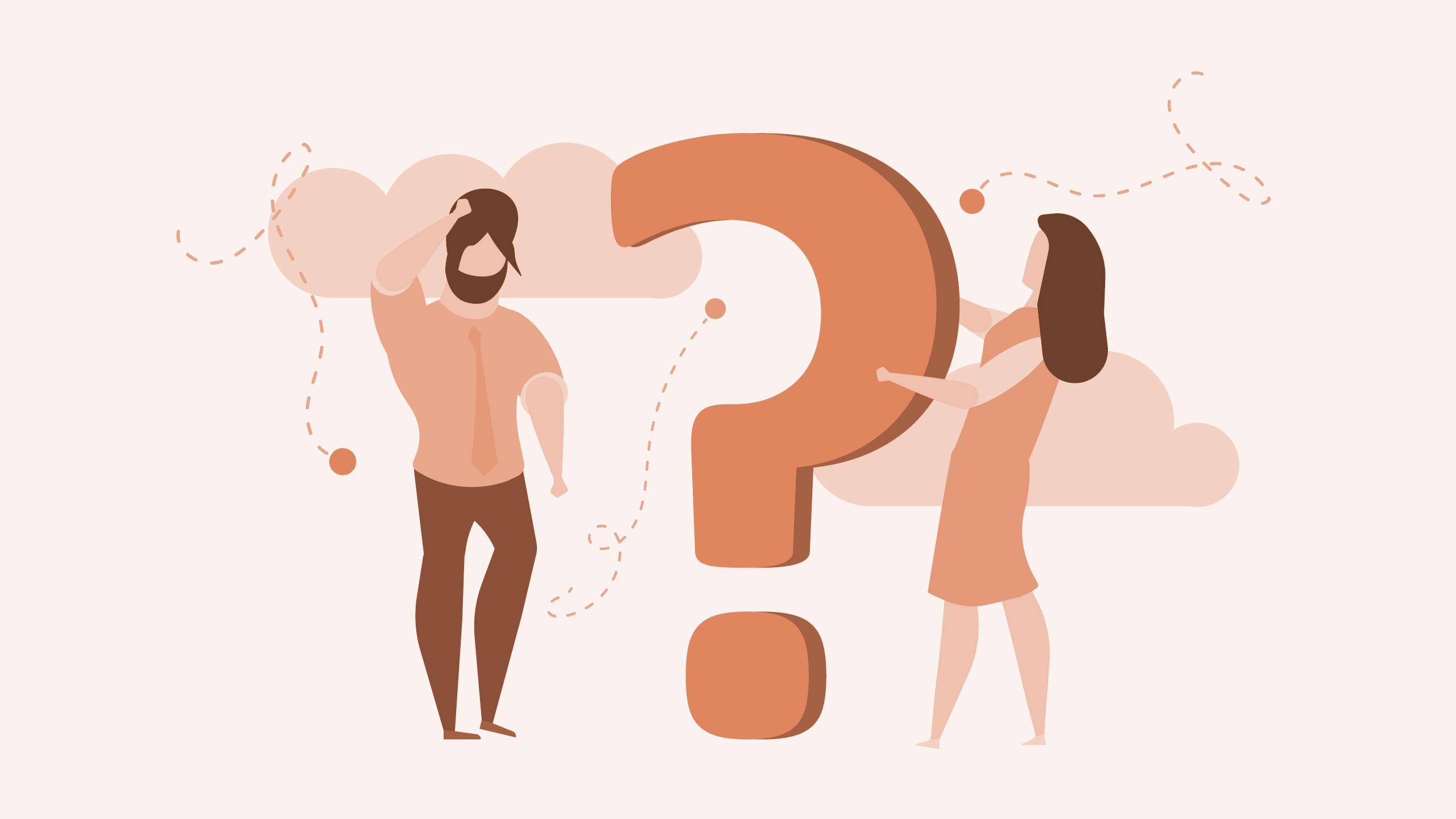Those of a certain age may recall the lyrics above from the Beatles. As I just turned 64, I’ve been cogitating on what Sir Paul was trying to say, or what perhaps he was worried about. Could it be he was worried about getting old and “losing it”? Was Paul worried he wouldn’t be needed or valued when he got old? Perhaps so.
There exists a prejudice in our society called ageism. Often, it’s not taken seriously or even recognized, but it can have very real negative effects on our health and self-perceptions. In America, emphasis and value are placed on youth, with advertising glamorizing the young, and often denigrating the old. Next time you’re in the pharmacy or grocery store, look at the “humorous” birthday cards. Not a very pretty picture about getting older.
Think how you would react if analogous stereotyping was applied to gender or race. Like sexism and racism, ageism can come in many forms, ranging from disrespect in one-on-one interactions to systemic inequalities, and to age discrimination. The Age Discrimination in Employment Act of 1967 (ADEA) protects individuals who are 40 years of age or older from employment discrimination based on age.
Data from the 2020 National Poll on Healthy Aging found that 82% of older Americans reported experiencing ageism regularly. Sixty-five percent experienced ageist messages from the media, 45% experienced interpersonal ageism, and 36% had internalized ageism. Some examples that appear in personal relationships include being treated as though they are invisible, unintelligent, or expendable based on their age, making ageist jokes that imply someone is less valuable or less worthy of respect, or disregarding someone’s concerns or wishes due to their age.
Ageism effects health care as well. Studies have reported that older adults eligible for treatment are less likely to receive chemotherapy when it is appropriate, less likely to receive aggressive therapies for myocardial infarction, more likely to receive medical rather than surgical therapies when surgery is indicated, and even less likely to receive diagnostic testing such as echocardiography than younger patients. In fact, there is evidence that age-based bias permeates the education of medical students and house staff. https://www.ncbi.nlm.nih.gov/pmc/articles/PMC10236770/ Microaggressions such as speaking to younger relatives rather than the patient or speaking slowly or using vocabulary that might be used for a child are not uncommon on the wards.
The most harmful effects of ageism occur when we older adults internalize ageist beliefs and attitudes, which can result in increased depression, cardiovascular disease, and cognitive decline. Some methods to combat ageism include: (a) increasing awareness (i.e., noticing age stereotypes when they occur); (b) placing blame where blame is due (i.e., reminding oneself that ageist stereotypes do not reflect reality); and (c) challenging negative age beliefs and speaking up (taking actions to combat ageism).
Want to learn more? Check out the organization Old School. “Old School curates, creates, commissions and disseminates free resources to educate people about ageism and how to end it; hosts and facilitates spaces where age advocates around the world can connect; collaborates with other pro-aging organizations; and shows up for other social-justice movements.” (See https://oldschool.info/ .)
While it is true that older age often brings physical changes for many, it is also true that older age can be the most rewarding and contented time in life, a time for new adventures, new friends, and new loves. Anna Kournikova, professional tennis player, said, “Why are people afraid of getting older? You feel wiser. You feel more mature. You feel like you know yourself better. You would trade that for softer skin? Not me!”
Dr. Scott is UGA associate professor of medicine, director of geriatric medicine education at the AU/UGA medical Partnership, and medical director of the C.A.R.E. Clinic. Have a question for Dr. Scott? Email him at athensgeriatrician@gmail.com



